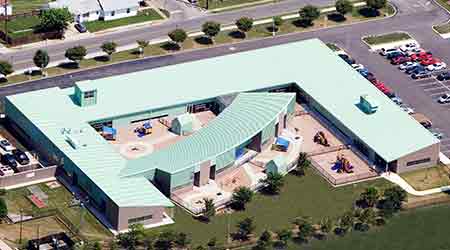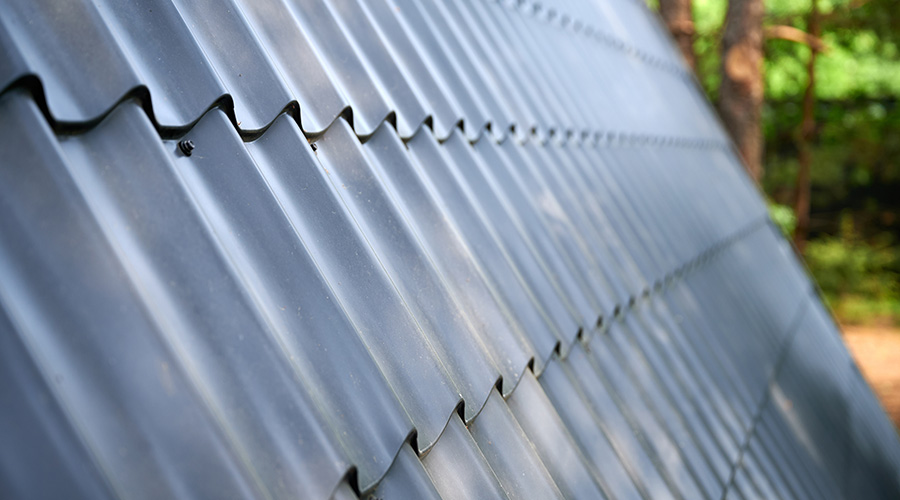Debunking Myth About Roof Coating Maintenance
Part 2 of a 4-part article on roof coating myths
I cannot think of a manufacturer that writes a warranty on a roof system without requiring at least annual maintenance. A roof is not much different than any other part of a facility with one exception: People rarely see the roof. “Out of sight, out of mind” is the old saying.
But if a department does not perform annual roof maintenance, the first time a manager becomes aware of a problem often is when it appears in the building in the form of a leak.
If technicians do not catch the problem soon enough, it can lead to so much damage that the option to restore is no longer part of the equation. This situation is unfortunate, and managers can avoid it by scheduling annual inspections that cost just pennies a square foot to perform.
Spotting a fish-mouthed seam or a pitch pan that needs more sealant sooner rather than later can save a great deal of money and headaches.
No manager wants to find out after a roof leaks that roof drains were clogged. To prevent such problems, managers first should schedule an inspection and removal of debris in order to avoid the costs to make the repairs inside the building later.
Managers need to send someone onto the roof every year and possibly every six months, whether it occurs before the rainy season or in fall while all the leaves are blowing around to prevent them from clogging the drains. Maintenance is a necessity for every roof — no ifs, ands, or buts.
Myth: A new roof is disruptive
This statement is not necessarily true. Fluid-applied roof systems typically are not disruptive at all. Application involves very little noise to speak of, compared to a tear-off and replacement. Recent years have seen a big swing away from using large commercial spray equipment and toward the use of large mechanical carts. These carts make little noise and eliminate the possibility of overspray when using spray equipment.
In the case of metal roofs, spray equipment still is the best option for contractors who want to provide a quality system in a reasonable timeframe. Installers can use specialized equipment to roll coatings onto metal roofs. While this process is not disruptive to facility operations, it can increase the time it takes to complete the project. But there is certainly a place for it in the industry.
Myth: Warranties do not matter
Managers have to be careful when it comes to warranties. Read the fine print, and ask questions. The investment in the roof system needs to last as long as possible, so managers have to understand the warranty process, including the costs for a leak or a failure, before signing the contract. Paying attention to the details can prevent long-term, costly headaches.
Related Topics:















